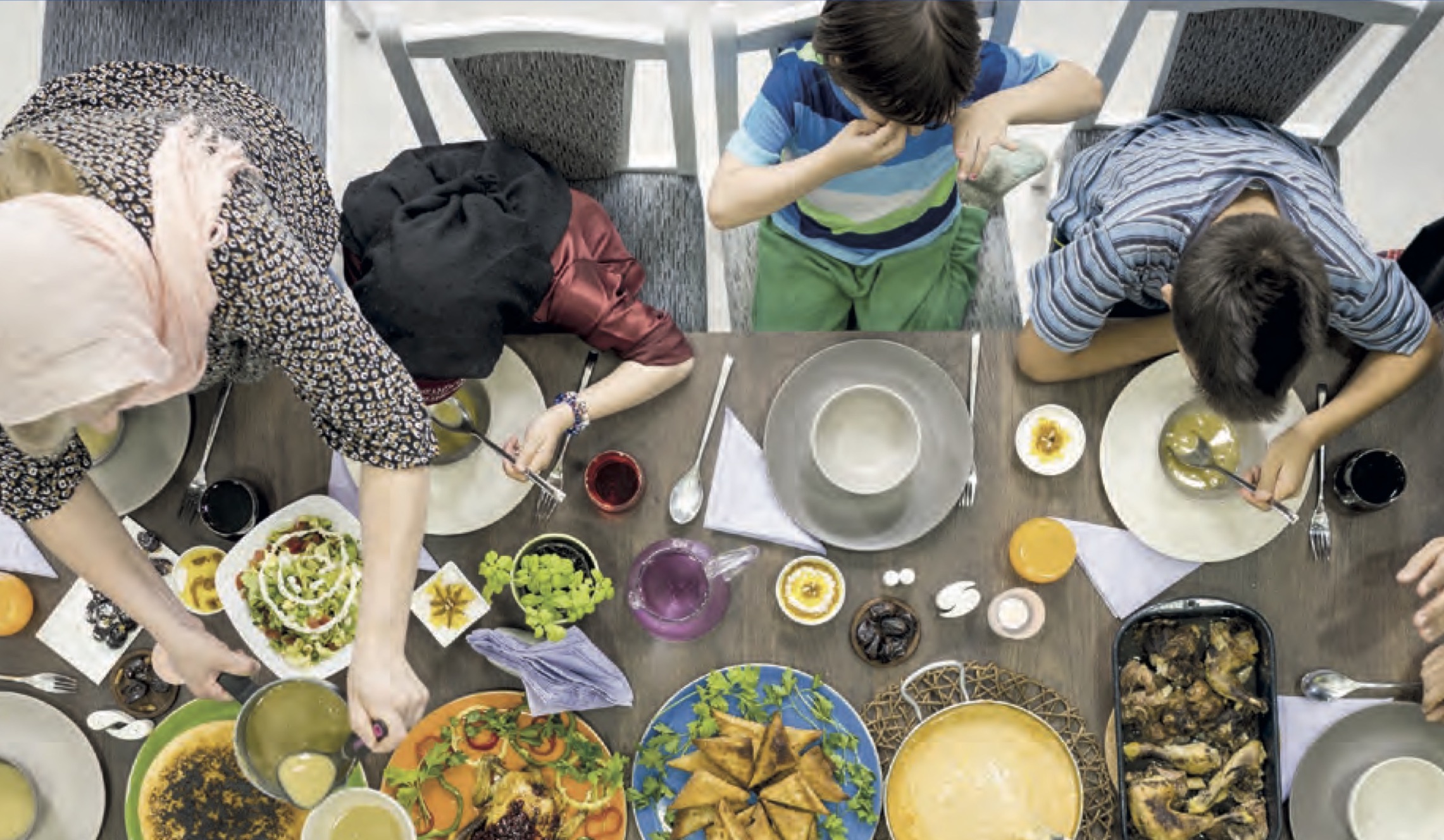In the complex information landscape, the European Union defines disinformation as the intentional promotion of false, inaccurate, or misleading information, intentionally designed to cause public harm or for profit. The European Digital Media Observatory (EDMO) plays a pivotal role in monitoring disinformation in the EU, working as a fact-checking hub that gathers the collaborative efforts of a diverse network of 44 organizations across Europe.
During the Foresight Dialogue “Climate change disinformation: state of the art and how to tackle it”, Tommaso Canetta, coordinator of EDMO’s fact-checking activities, highlighted five prominent climate change disinformation narratives, identified through their ongoing monthly monitoring since the summer of 2022.
The first narrative challenges the fact that climate change is caused by human activities, while the second states that traditional media are spreading panic through fake news. The third narrative labels climate movements as hypocritical and the fourth dismisses positive climate action, such as recycling and the use of electric cars, as futile and dangerous. Lastly, the fifth narrative denies the negative impact of fossil fuels on climate change. Notably, all these narratives are detected more frequently when extreme weather events occur, as climate disinformation follows climate information.
Countering the spread of such narratives is especially difficult in the European context, where “there is a fundamental principle which is the freedom of expression. This means that the policy to tackle disinformation needs to take that into account. […] The content cannot just be deemed illegal and removed,” explained Paula Gori, Secretary-General and Coordinator at EDMO. Legal action against disinformation is unviable in contexts where freedom of expression is protected. Instead, the focus shifts towards self-regulation approaches, such as those adopted by online platforms and social media.
“The current trend in the European Union is to move beyond self-regulation and towards co-regulation,” as shown by the Digital Service Act, added Gori. Originally approved in 2018, the Digital Service Act has gained additional support in its latest version, with signatories including online platforms, fact-checkers, civil-society organizations, advertising and media representatives. The trend towards co-regulation draws attention to the need for a multidisciplinary and multi-stakeholder approach to better understand climate disinformation and promote effective strategies to tackle it.
Watch the full webinar:
“Climate change and disinformation: state of the art and how to tackle it” is part of the webinar series Foresight Dialogues in which writers, artists, journalists, scientists, innovators and entrepreneurs discuss the role of communication, in its various forms, in accelerating the climate transition. The Foresight Dialogues series is organized in the context of the CMCC Climate Change Communication Award “Rebecca Ballestra” initiative.
Tommaso Canetta (Milan, 1986) is the deputy director of Pagella Politica and Facta news, the two main Italian fact-checking outlets, the coordinator of the fact-checking activities of EDMO, and a member of the EFCSN governance body. He participates in the Code of Practice on Disinformation taskforce, contributes to the activities of IDMO, the Italian national hub of EDMO, works on several European projects and writes about political fact-checking, especially about legal issues. Before joining Pagella Politica he wrote mainly about foreign policy and Italian politics as a freelancer. Graduated in Law at the University of Milan, and specialized in European and International Law, after two years of School of Journalism (Master in Journalism “Walter Tobagi”) he became a professional journalist in 2012.
Paula Gori is the Secretary-General and Coordinator of EDMO. She joined the School of Transnational Governance at the European University Institute in 2017 where she is a member of the management team. Prior she was the Coordinator of the Florence School of Regulation – Communications and Media, which offers training, policy and research activities on electronic communications regulation and competition and she collaborated with the Centre for Media Pluralism and Media Freedom, which she coordinated during the initial set-up phase back in 2012. She was the Scientific Coordinator of the Annual Conference on Postal and Delivery Economics for several years and is one of the authors of the report for the European Commission on European Union competences in respect of media pluralism and media freedom. Paula has a legal background and is a qualified civil mediator.
More information:






